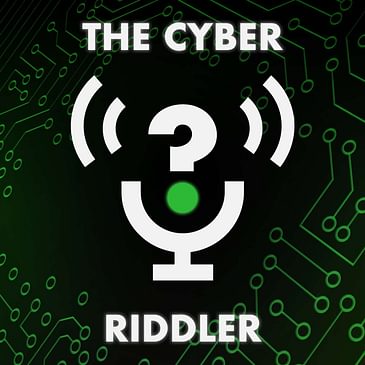In this episode of The Cyber Riddler, We dive into the cunning world of phishing scams, focusing on how Normal Users are reacting to these emails and how SOC (Security Operations Center) analysts can expertly analyze suspicious emails. We outline the essential tools and steps for dissecting emails, from examining sender addresses and email headers to scrutinizing links and attachments for malicious content. The episode also stresses the importance of staying updated on phishing trends, collaborative reporting, and fostering a culture of cybersecurity awareness within organizations. It's a must-listen for a normal user and cybersecurity professionals looking to sharpen their skills and anyone curious about the inner workings of email scam detection.
- Twitter: @almorabea
- Twitter: @CyberRiddler
- Website: https://thecyberriddler.com


